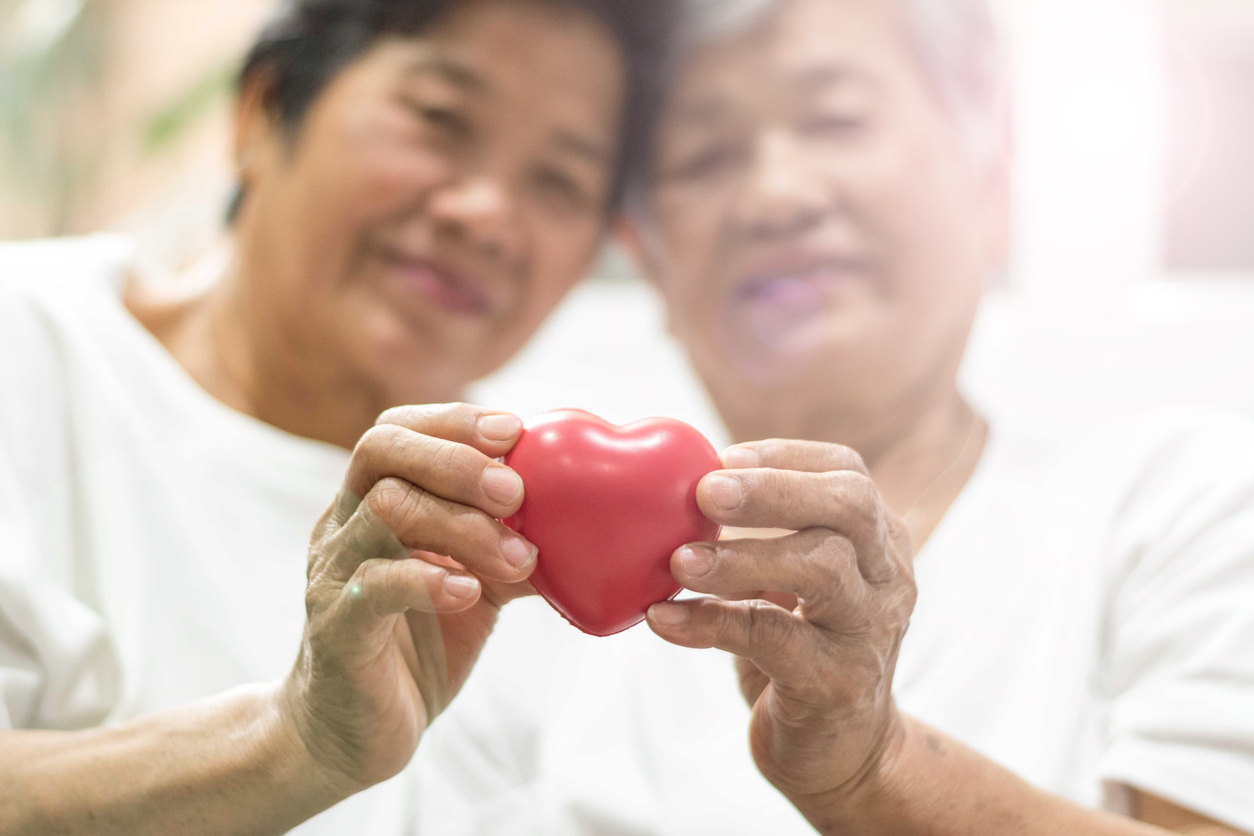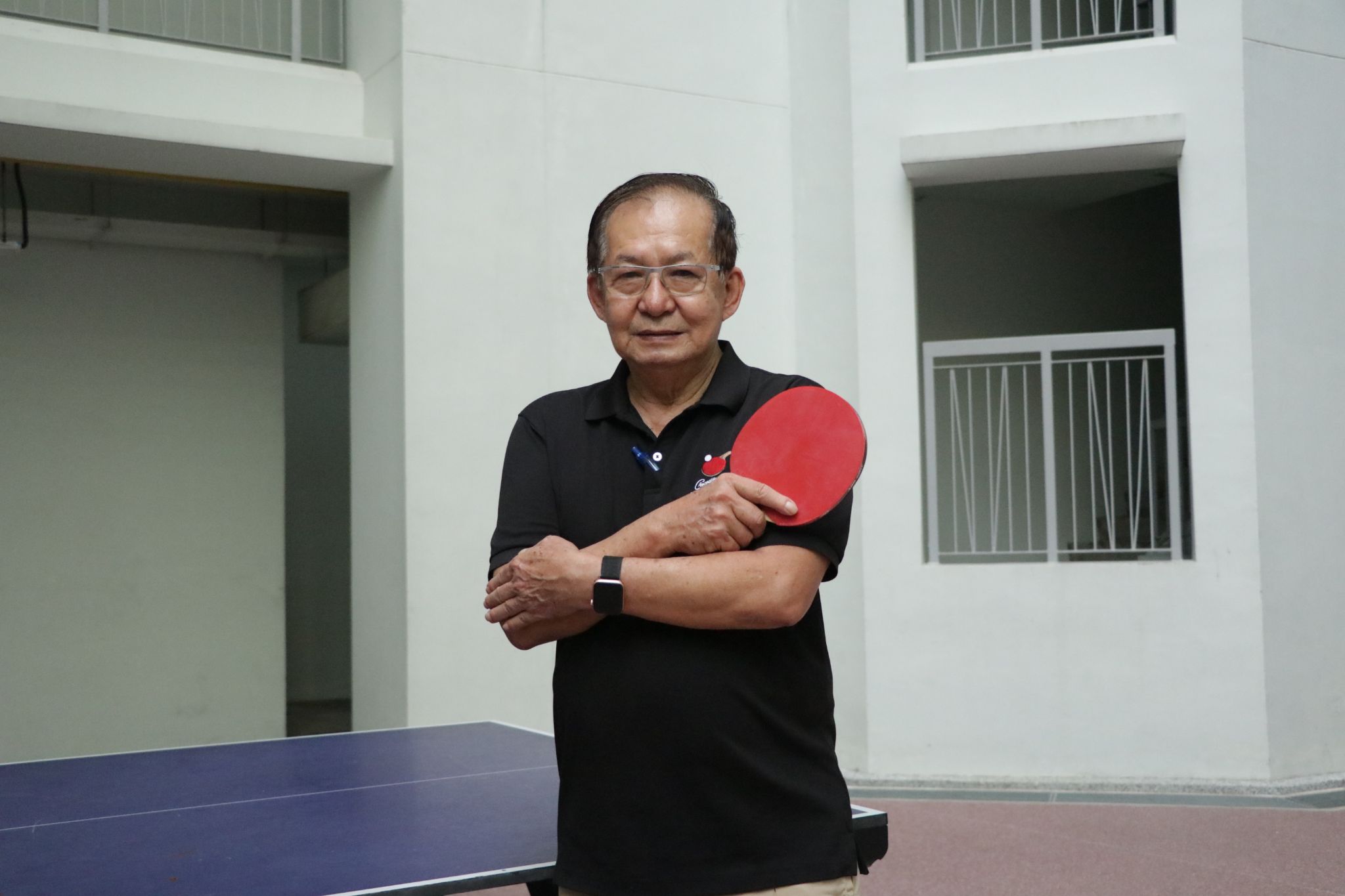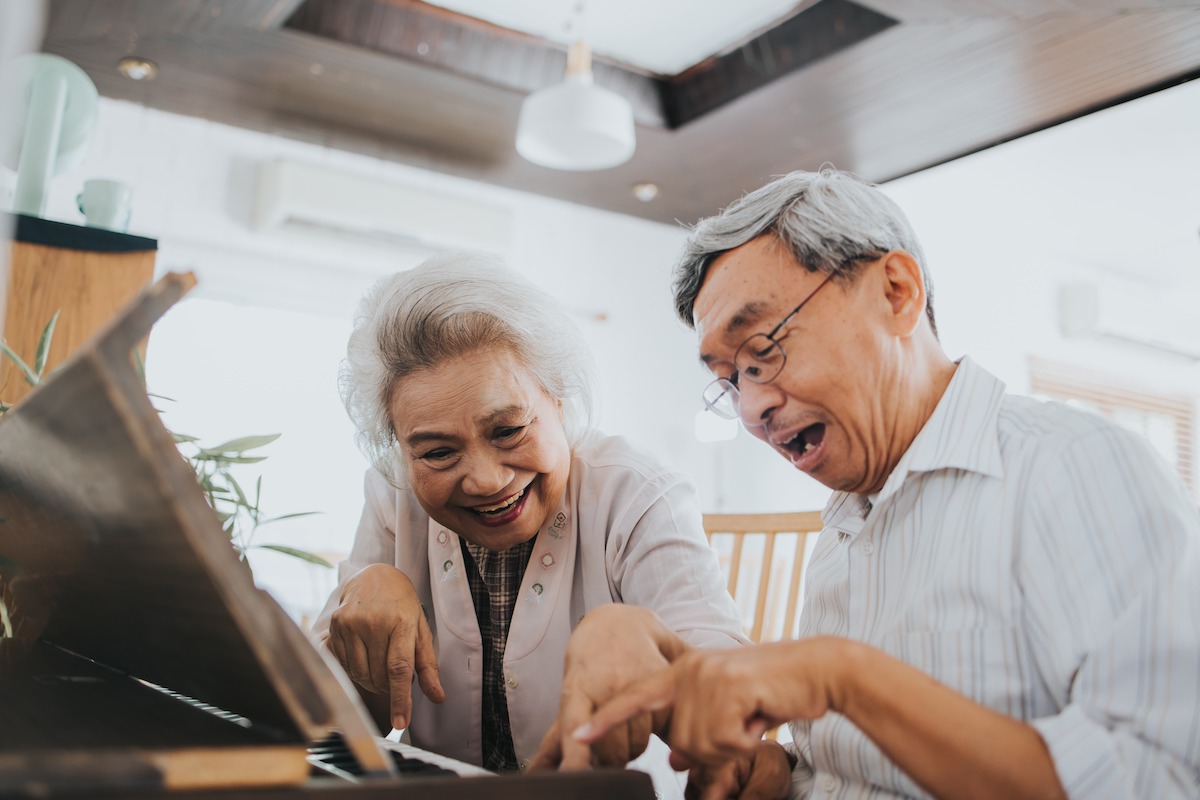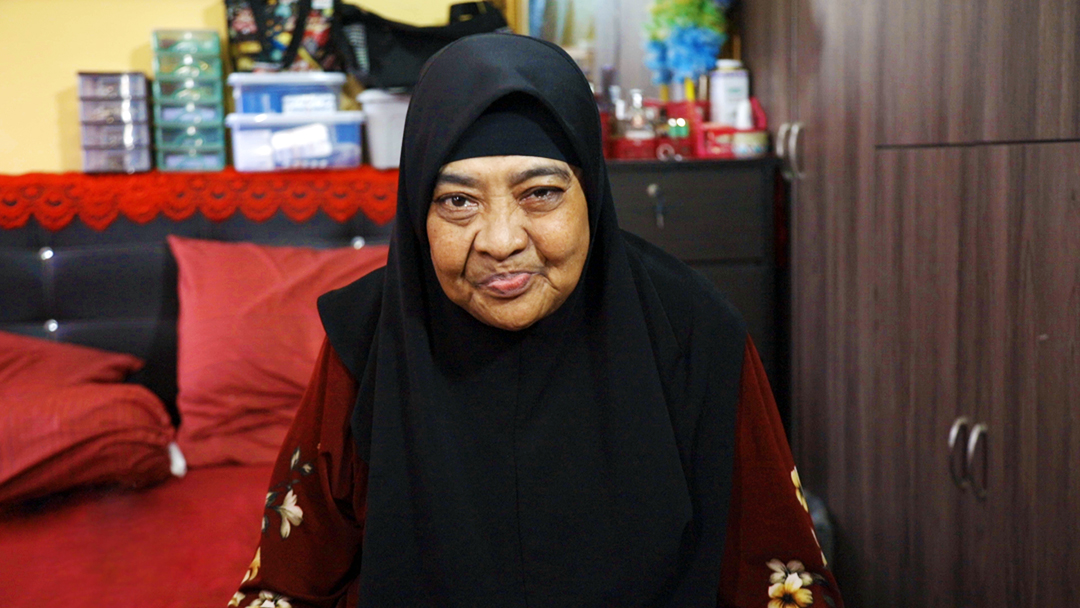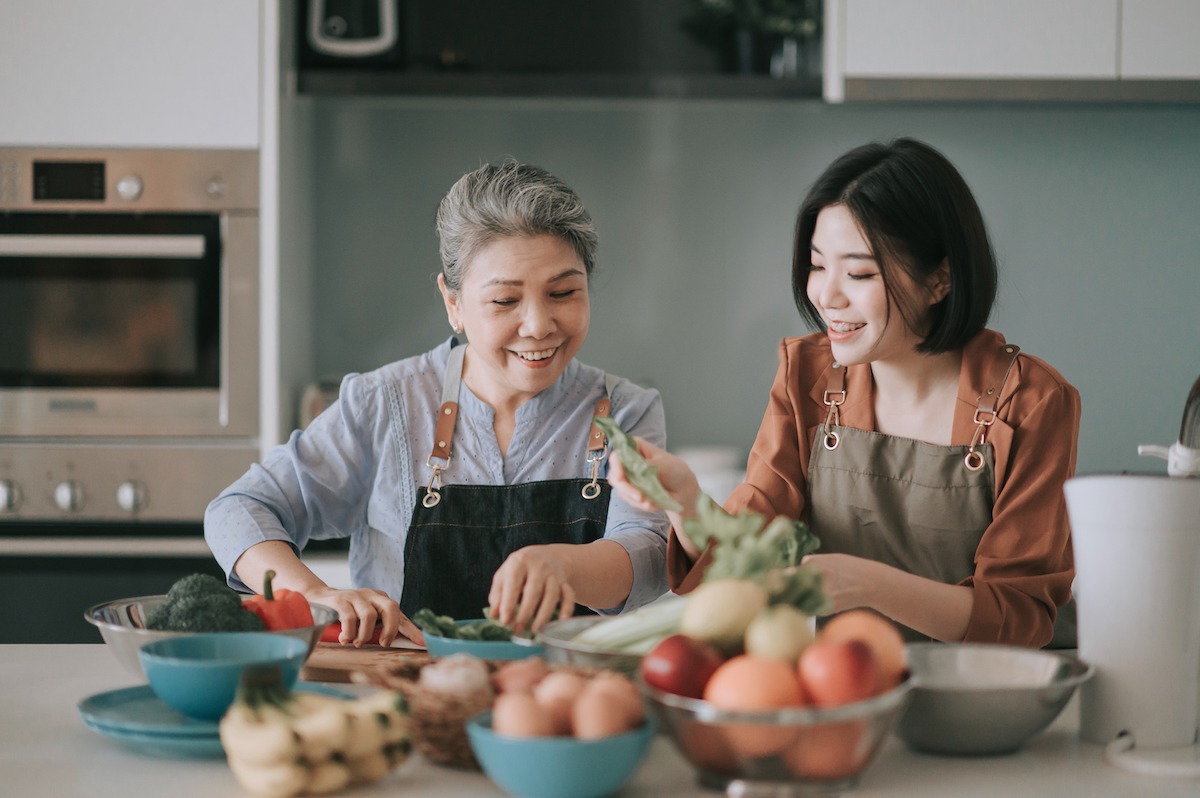This article was contributed by Dr William Wan, 77, the previous General Secretary of the Singapore Kindness Movement. Passionate about making a difference to Singapore, Dr Wan contributes to several non-profit organisations and is also an advocate of active ageing.
"There are only four kinds of people in the world: those who have been caregivers, those who are currently caregivers, those who will be caregivers, and those who will need caregivers." - Rosalynn Carter.
I am a member of the silver generation – a septuagenarian (in my 70s) pushing towards becoming an octogenarian (80s).
The number of our generation needing care and support due to age-related health issues and disabilities is on the increase. It will not be viable for all care to be undertaken in an institutional setting, like hospitals. And many of us would prefer to be cared for in our own homes.
Hence, the former US First Lady Mrs Rosalynn Carter, a caregiving self-care advocate is right. Most of you reading this article, like me, are in this season of life where we are either being cared for, are caregivers to a loved one, have been caregivers, or will soon be. Hence, it is very crucial that we address some of the issues related to caregiving.
Caregivers contribute to the quality of life of our generation by giving the care and support we need to maintain our physical, emotional, and social health and wellbeing. They help us remain engaged in meaningful activities, maintain social connections, and preserve our dignity and independence.
Caregiving is challenging and demanding, and caregivers require adequate support and resources to fulfil their responsibilities effectively. Caregiver support programmes, respite care services, and community-based initiatives are available to help ease caregiver stress and burnout while promoting the well-being of both caregivers and care recipients.
Caregivers can also make a personal compact to fulfil the role of caregiving by living more intentional, meaningful and fulfilling lives by aligning their actions and choices with their values, goals, and aspirations. A compact becomes a tool to cultivate self-awareness, self-improvement, accountability, integrity, empowerment, resilience, balance, and self-reflection.
A compact is particularly helpful in contributing to the self-care of the caregivers. Self-care is critically important for caregivers for several reasons:
Caregiving is physically and emotionally demanding, and caregivers often experience compassion fatigue leading to feelings of stress, anxiety, and depression. Thankfully, there are self-care techniques including physical exercises, mindfulness and relaxation, meditation and journaling available to us. We can also seek professional help and support from counsellors, therapist and family and friends.
About 40 years ago, I experienced a serious case of burnout due to work overload. It took me a year to recover before I could function again. To be sustainable, we cannot afford to burn out, hence, it is important to prioritising self-care activities, set boundaries, and take regular breaks.
Here's my take on a Caregiver’s Compact created from the first letters of the word CAREGIVERS
1. Commitment:
I will carry out my caregiving role with genuine commitment because I embrace this responsibility willingly and joyfully. My commitment is inspired by Abraham Lincoln who said, “Commitment is what transforms a promise into reality.”
2. Adaptability:
I will be adaptable, flexible and open-minded, sensitive to the changing needs of my care recipient, adjusting my approach as needed to accommodate her changing circumstances and preferences. Instead of fearing and resisting changing needs, I will embrace them, move with them and join in the dance.
3. Respect:
I will treat my care recipient with respect, safeguarding her dignity, honouring her autonomy, choices, and individuality as much as possible because respect is one of the greatest expressions of love. I am reminded by Mother Teresa that not many of us can do great things, but we can do small things with great love.
4. Empathy:
I will strive to empathise with the experiences, emotions, and challenges faced by my care recipient, and I will offer my companionship and support as much as I am able to give. I will remember to step into her shoes and feel her feelings, see with her eyes and listen with her ears.
5. Gentleness:
I will handle all tasks for and interactions with my care recipient with gentleness, kindness and patience, consciously aware of her vulnerability and sensitivity. I will remember that gentleness is the softening of the heart to embrace the humanity of my care recipient, and that love is always kind and always patient.
6. Initiative:
I will take initiative to anticipate and meet the needs of my care recipient, proactively looking for and creating opportunities to enhance her comfort, well-being and happiness. It is important to me that I don’t wait for the perfect moment for it may not come. I must seize the moments and make them perfect for her.
7. Validation:
I will acknowledge and validate emotions and experiences of my care recipient. I will not be indifferent to her thoughts, feelings, and concerns. Instead, I will honour them by my active listening and seek to create a safe and supportive environment for effective communication. I wish for her to be assured that I care and by validating her, she will hear me saying loud and clear, “I hear you. You matter very much to me. All that you feel and experience are very important to me.”
8. Empowerment:
I will empower my care recipient to make her own choices and participate in decisions related to her care. I will uphold her autonomy and preferences, and will not presume that I know better. I will guard her self-esteem and self-worth, honour her need for privacy and self-expression. It is important that I encourage her sense of independence as much as she is able to maintain.
9. Responsibility:
I will discharge my responsibility as a caregiver professionally by fulfilling my duties and obligations with diligence and integrity, ensuring the safety, health, and happiness of the person I am caring for. I must remind myself that my purpose is to normalise her life as much as possible and to give her as much happiness as possible.
10. Self-care:
I will prioritise my own well-being and seek support when needed, recognising that maintaining my physical, emotional, and mental health is essential for providing effective caregiving.
This Caregiver's Compact serves as a commitment to providing compassionate, respectful, and person-centred care, while also acknowledging the importance of self-care and personal responsibility in the caregiving role. It is a good tool for self-discipline and self-check to ensure that our role as caregivers is sustainable.


